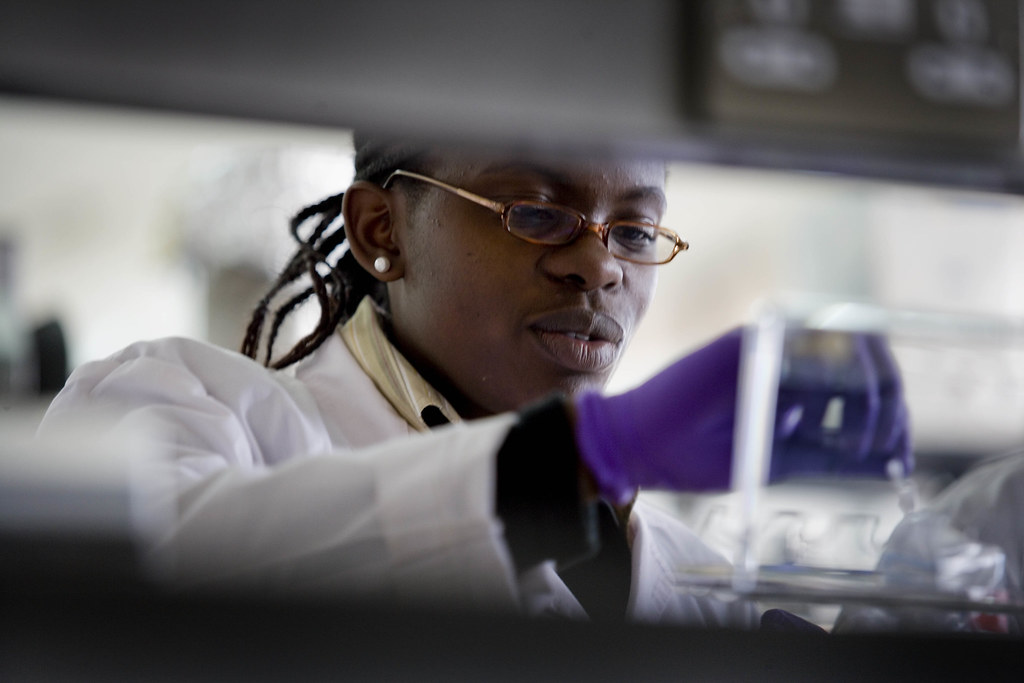One in 5 COVID-19 patients develop mental illness within 90 days - study
Many COVID-19 survivors are likely to be at greater risk of developing mental illness, psychiatrists said on Monday, after a large study found 20% of those infected with the coronavirus are diagnosed with a psychiatric disorder within 90 days.
Reuters | Updated: 10-11-2020 20:21 IST | Created: 10-11-2020 20:12 IST
Many COVID-19 survivors are likely to be at greater risk of developing mental illness, psychiatrists said on Monday, after a large study found 20% of those infected with the coronavirus are diagnosed with a psychiatric disorder within 90 days. Anxiety, depression and insomnia were most common among recovered COVID-19 patients in the study who developed mental health problems. The researchers from Britain's Oxford University also found significantly higher risks of dementia, a brain impairment condition.
"People have been worried that COVID-19 survivors will be at greater risk of mental health problems, and our findings ... show this to be likely," said Paul Harrison, a professor of psychiatry at Oxford. Doctors and scientists around the world urgently need to investigate the causes and identify new treatments for mental illness after COVID-19, Harrison said.
"(Health) services need to be ready to provide care, especially since our results are likely to be underestimates (of the number of psychiatric patients)," he added. The study, published in The Lancet Psychiatry journal, analysed electronic health records of 69 million people in the United States, including more than 62,000 cases of COVID-19. The findings are likely to be the same for those afflicted by COVID-19 worldwide, the researchers said
In the three months following testing positive for COVID-19, 1 in 5 survivors were recorded as having a first time diagnosis of anxiety, depression or insomnia. This was about twice as likely as for other groups of patients in the same period, the researchers said. The study also found that people with a pre-existing mental illness were 65% more likely to be diagnosed with COVID-19 than those without.
Mental health specialists not directly involved with the study said its findings add to growing evidence that COVID-19 can affect the brain and mind, increasing the risk of a range of psychiatric illnesses. "This is likely due to a combination of the psychological stressors associated with this particular pandemic and the physical effects of the illness," said Michael Bloomfield, a consultant psychiatrist at University College London.
Simon Wessely, regius professor of psychiatry at King's College London, said the finding that those with mental health disorders are also at higher risk of getting COVID-19 echoed similar findings in previous infectious disease outbreaks. "COVID-19 affects the central nervous system, and so might directly increase subsequent disorders. But this research confirms that is not the whole story, and that this risk is increased by previous ill health," he said.
Marjorie Wallace, chief executive of the UK mental health charity SANE, said the study echoed her charity's experience during the pandemic. "Our helpline is dealing with an increasing number of first-time callers who are being triggered into mental health problems, as well as those who are relapsing because their fear and anxiety have become intolerable," she said.
Also Read: Harrison Ford recalls working with his 'Indiana Jones' dad Sean Connery
- READ MORE ON:
- Harrison
